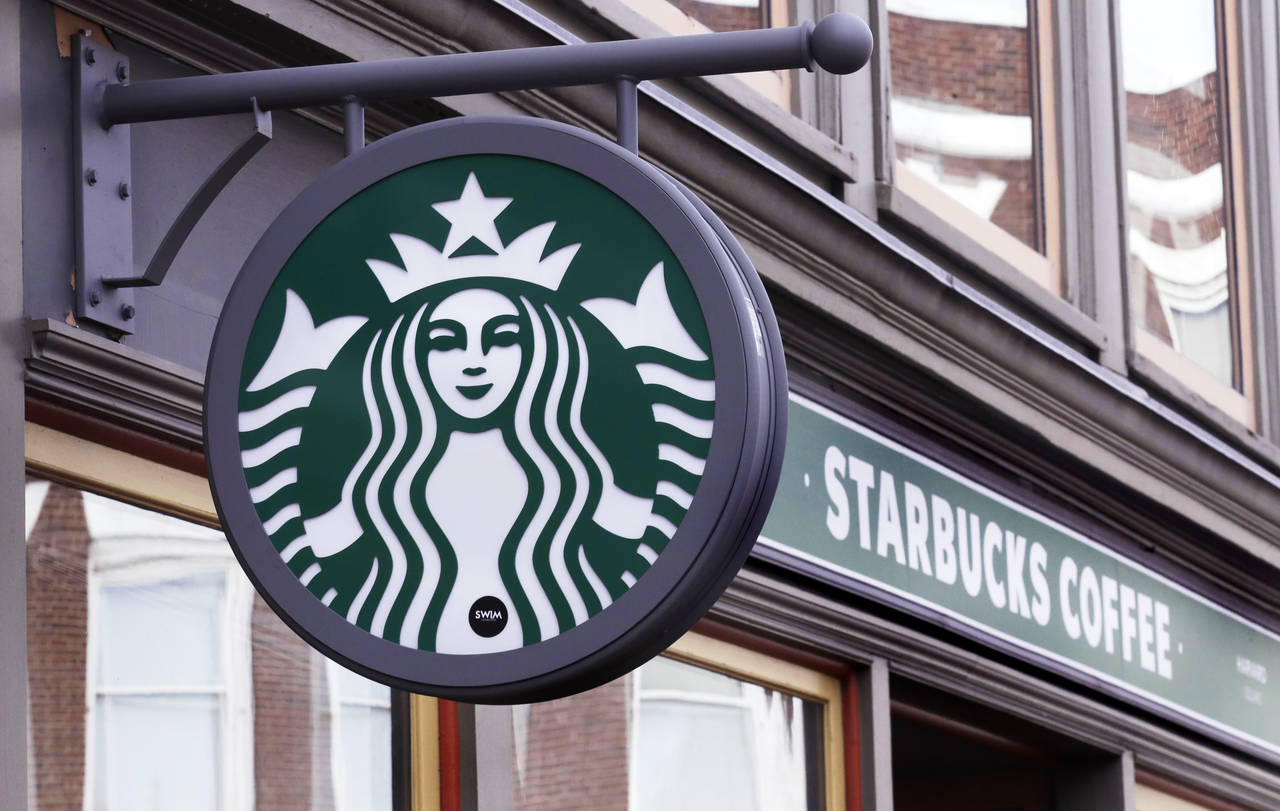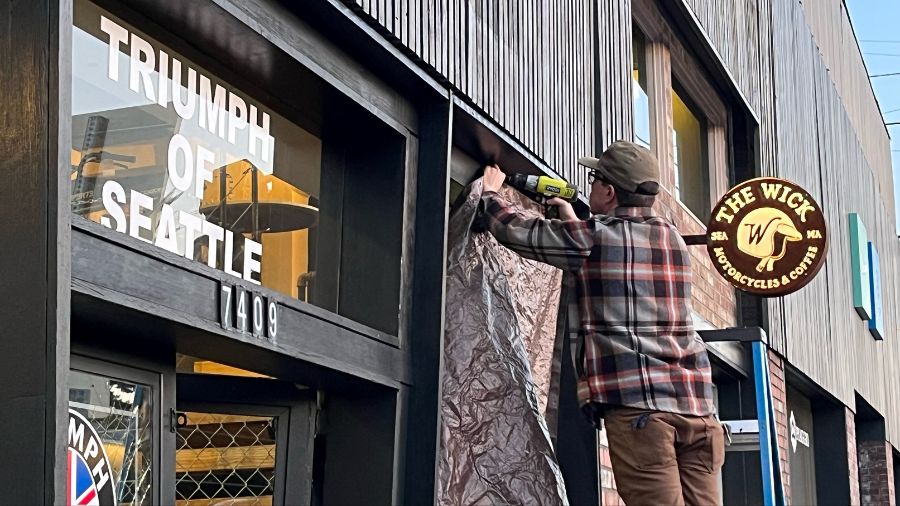King County Executive begins preparing lawsuit to challenge I-976
Nov 6, 2019, 10:23 AM | Updated: 4:38 pm

The saga for $30 car tabs in Washington continues. (AP Photo/Ted S. Warren)
(AP Photo/Ted S. Warren)
With I-976 leading big in a second round of election results, $30 car tabs could soon be coming to Washington state. That said, there’s still a long road ahead, as King County Executive Dow Constantine kicks off a legal challenge.
I-976 passing in early election results
Most agreed that the $30 car tabs measure — like it has in the past — would face some sort of legal challenge, destined for a date in the Washington State Supreme Court at some point in the near future.
The beginning stages of a legal battle are already taking shape, with King County Executive Dow Constantine announcing his intent to ask the King County Prosecuting Attorney’s Office “to prepare a lawsuit to challenge the constitutionality of I-976.”
“The passage of I-976 underscores the ongoing need for comprehensive state tax reform, but in the short term we must clean up another mess that Tim Eyman has created for our state, our region, and our economy. The impact of I-976 to transportation is – in a word – devastating,” Constantine said in a Wednesday afternoon news release.
Until then, Sound Transit is refusing to speculate on how it will handle the potential passage of I-976, promising to “begin the process of responding” at the next meeting of its full board on Nov. 21.
“The Board will hear presentations from the agency’s finance staff as well as our general counsel,” Sound Transit said in a written statement. “The Board will consider Sound Transit’s obligations to taxpayers who want their motor vehicle excise taxes reduced, as well as how to realize voters’ earlier direction to dramatically expand high capacity transit throughout the Puget Sound region.”
In the meantime, it will not be commenting further.
“This is the only statement we’re planning and we’re not doing interviews since they would immediately get into speculative territory,” Sound Transit clarified.
Independent of any lawsuit, Sound Transit has until March 31, 2020 to defease bonds it has issued against car tab taxes. After that, $30 tabs would go into effect in April. That said, any potential lawsuit could include an injunction that would put the measure on hold while it gets settled in court.
Seattle Mayor Jenny Durkan also issued a statement of her own following the initial Tuesday vote tally:
There are a lot of ballots left to count statewide, but I know Seattle overwhelmingly supported transit and voted strongly against Tim Eyman’s I-976. Seattle votes at the ballot and we vote with our ridership. I want to thank all who worked to protect transit, transportation safety, and a more connected region.
As we said before, the cuts required by this initiative would be potentially catastrophic for Seattle and our region. I will continue working with my team at the Seattle Department of Transportation, Executive Dow Constantine, and his team at King County Metro to prepare for the impacts of this law being enacted and to consider all our options to challenge this devastating initiative.
The Washington State Office of Financial Management estimates that I-976 will slash $1.9 billion in state revenue over the next six years, as well as $2.3 billion in local governments in that same period. That includes a $35 million funding gap in Seattle’s own budget.
Check the latest election results
Councilmember Debora Juarez calculates a $24 million annual impact to the Seattle Department of Transportation’s funding for expanded bus services, as well as $8 million a year dedicated to pothole repair, neighborhood street maintenance, protected bike lanes, pedestrian crossings, transit corridors, and more.
Between 2021 and 2041, Sound Transit stands to lose roughly $6.9 billion in revenue.
I-976’s sponsor Tim Eyman points to $3 billion in state reserves — largely saved up for emergency situations — as a possible fix.
While Sound Transit figures out how to recoup its potential losses, projects like light rail could soon face significant delays.












